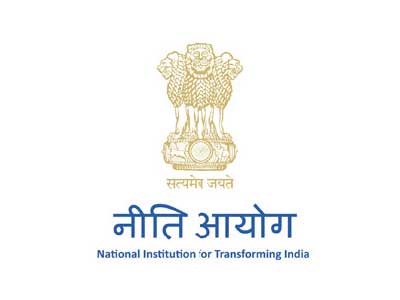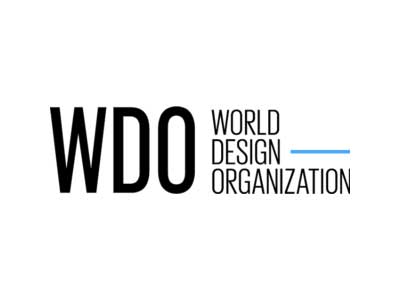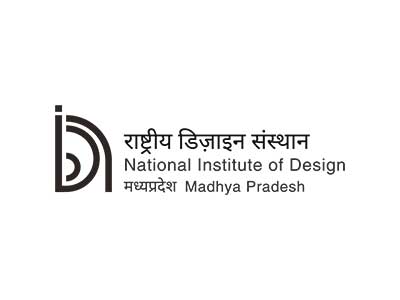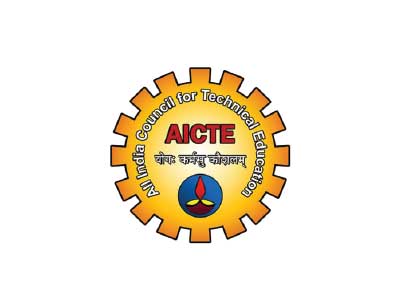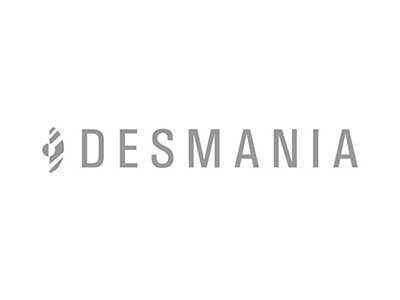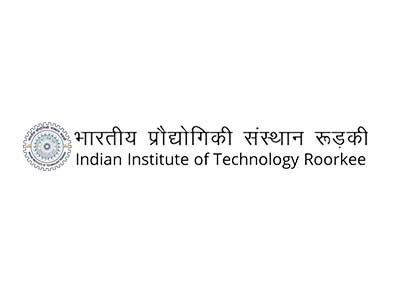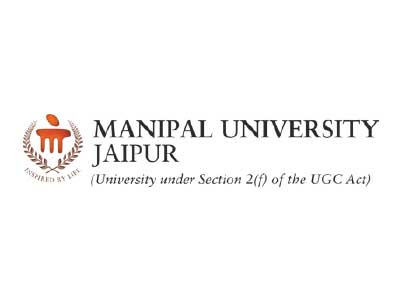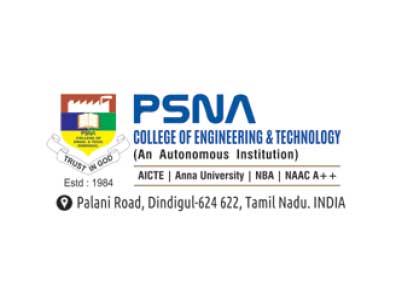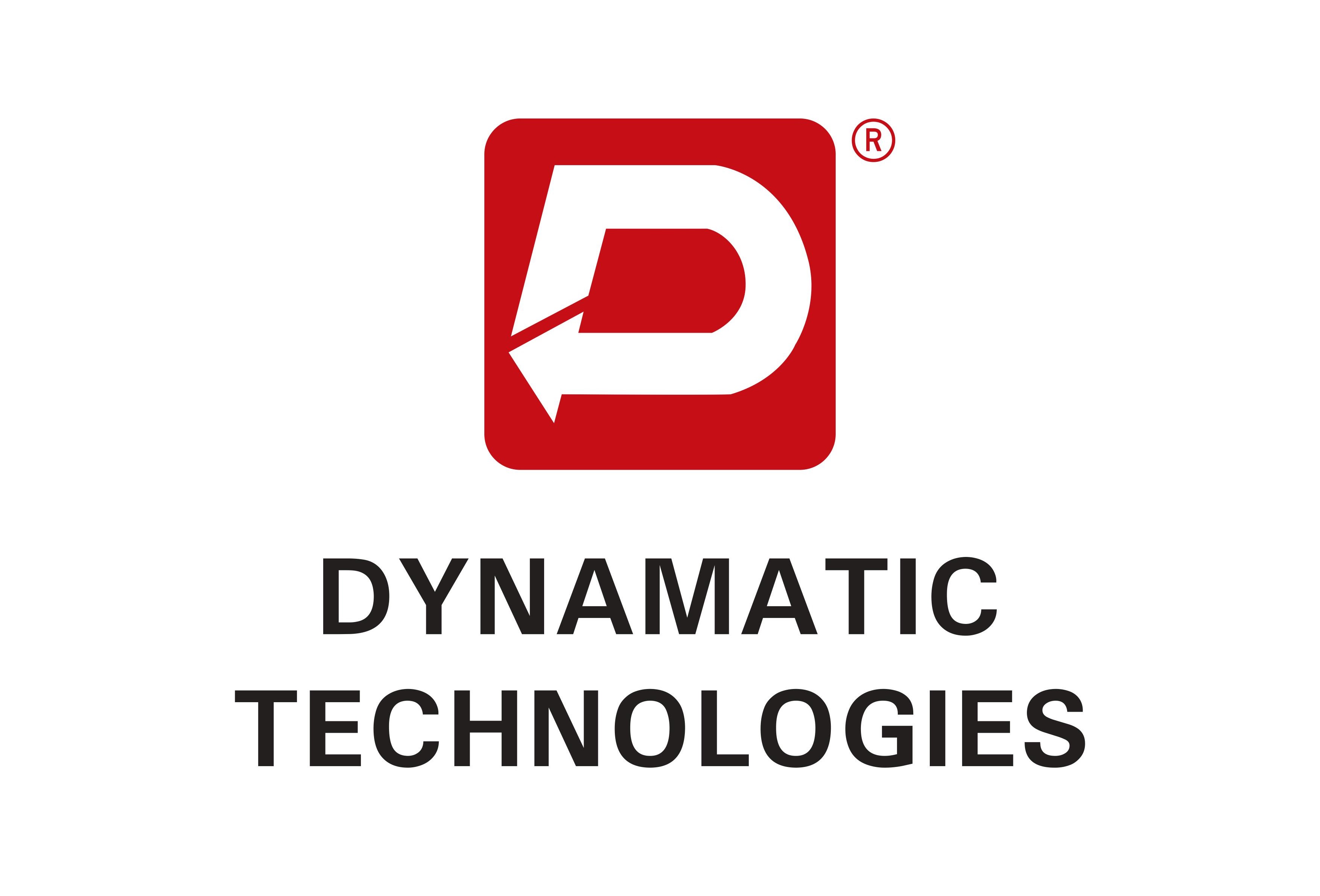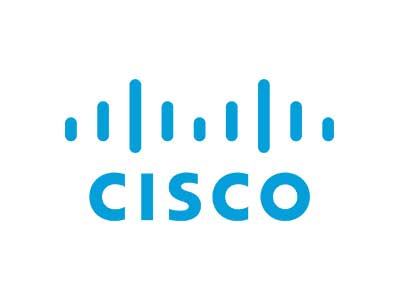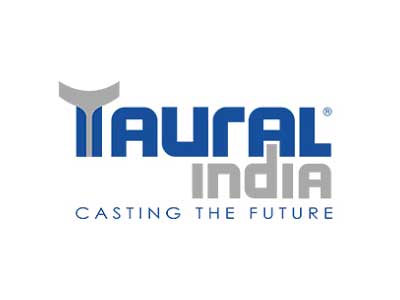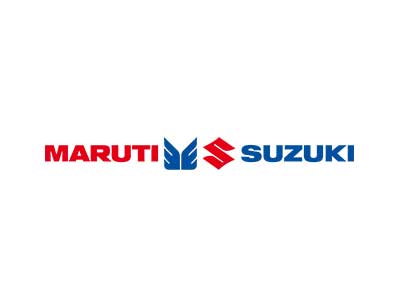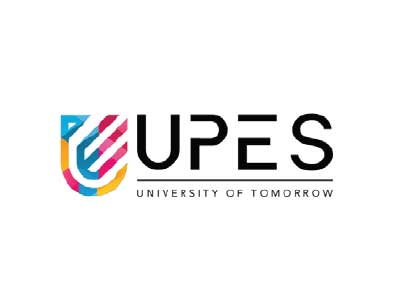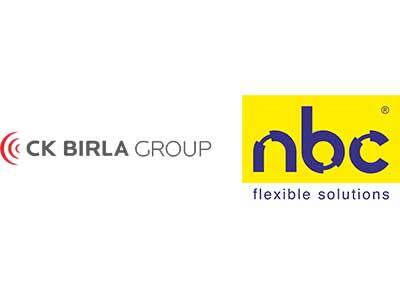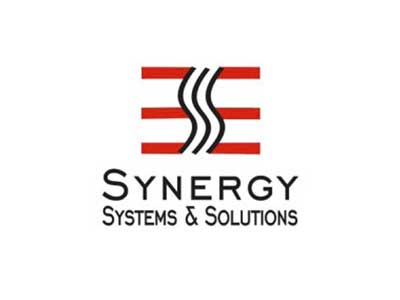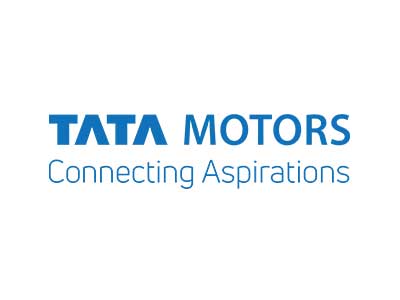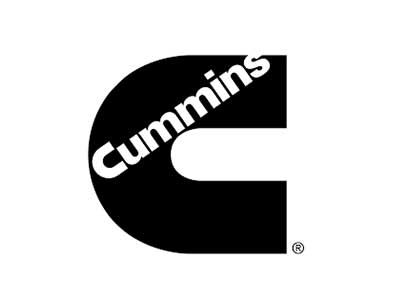
23rd INDIA DESIGN SUMMIT
Welcome to the fora of eloquent discussions!
Inline with CII’s efforts over the years, in shaping India's development journey and transforming Indian Industry's engagement in national development. CII verticals are working closely with Government on policy issues, interfacing with thought leaders, and enhancing efficiency, competitiveness and business opportunities for industry through a range of specialized services and strategic global linkages. It also provides a platform for consensus-building and networking on key issues
CII has been organizing the CII-NID Design Summit since 2001 with National Institute of Design (NID). The summit features best of the Indian and international design thinkers, practitioners and design users. It is an international event that brings together discerning audiences and eminent speakers to deliberate on the emerging aspects of design. The CII-NID Design Summit has been rechristened as India Design Summit to reflect the broader sphere of design influence and to celebrate design along with its promotion.
Date & Venue
Date : 14 December, 2023
Venue : Hotel The Lalit, New Delhi
SUMMIT THEME
Design from Handicraft to Spacecraft
Circular design essentially encompasses the improvements in material selection and product design (standardization and modularization of components, purer material flows, and design for easier disassembly). A good circular design enables a product to have multiple life cycles, with minimal loss of value, quality and energy. In addition to this, a good circular design uses materials and components that can be reclaimed for reuse. A circular economy is based on the principles of designing processes and products without waste and pollution, keeping products and materials in use, and regenerating natural systems. Four pillars of the Circular Economy are Collaboration, Design, Reverse Logistics and Business Models.
Old industrial models of “take, make, dispose” are giving way to new thinking about the circular economy. This profound shift brings opportunities for organizations to create value and safeguard the environment by improving their management of resources, eliminating waste through better design, and maximizing the recycling of products, components, and materials in use.
Supporting government, industries, and companies in integrating circular-economy principles into their strategies will eventually help and support sustainable growth. For governments, implementing circular approaches can boost employment and citizens’ well-being, reduce resource dependencies, and limit environmental impacts. For businesses, reimagining products, packaging, services, and experiences can bring benefits to makers and users as well as the wider world.
By changing the thinking from a linear economic model to a circular one, built environment professionals can facilitate connecting waste products and processes in the city. Circular economy results in local economic, social and environmental benefits. Whether it is designing better, more circular neighbourhoods, incorporating circular technology and processes into our projects, or influencing the supply chain to bend an existing linear economy to make it circular, we are uniquely placed to make substantial long-term impacts upon our cities.
For design professionals, circular design implies a change of perspective from thinking linearly to cyclical way. In the past, designers have often not been concerned with what happens to a product at the end of its life cycle. But it is no longer enough to simply replace the materials used in a product for ones that are more recyclable - designers now have to think about the entire life cycle of a product, getting information from all partners to help them design a truly circular product.
Adopting design thinking to deliver utility for consumers and companies based on products, services, and experiences that are more suitable for the purpose and come with a smaller end-to-end resource footprint.
As in the near future, all the products will eventually have to be returned to the manufacturer for a second life, it will call for the so-called reverse logistics. In addition, a circular design will often result in a product that may not have the lowest purchase value, but that does achieve the lowest costs across its life span promising direct benefit for clients. But this would also effect a significant change in the business model with upward revision in the investment. This would eventually lead a complete shift in the system involving everyone and everything from businesses to governments, and individuals; our cities, our products, and our jobs.
SPEAKERS 2023
-
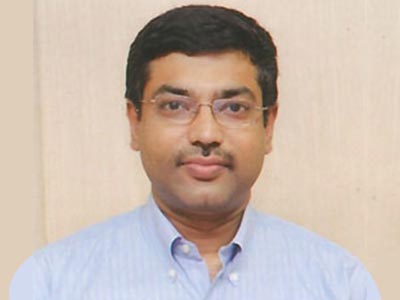
Shri S. Krishnan IAS
Secretary
Ministry of Electronics & Information Technology (IT) Government of India -
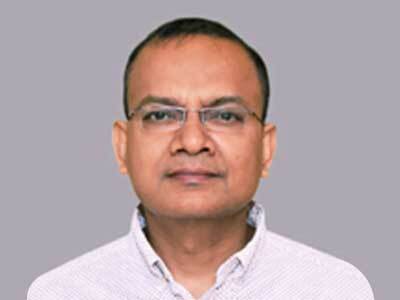
Mr. Rajesh Kumar Singh
Joint Secretary, Ministry of Panchayati Raj Formerly Joint Secretary, Department for Promotion of Industry and Internal Trade Government of India
-
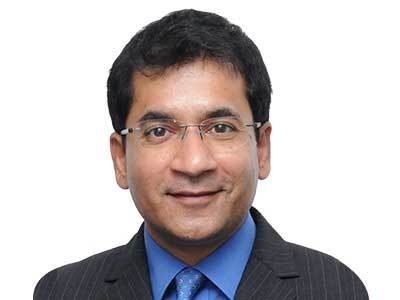
Dr. Udayant Malhoutra
Chairman, CII National Committee on Design Innovation, CEO and Managing Director, Dyanamtic Technologies Limited
-
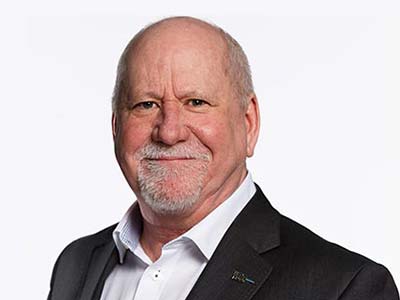
Dr. Thomas Garvey
President
World Design Organization (WDO) -
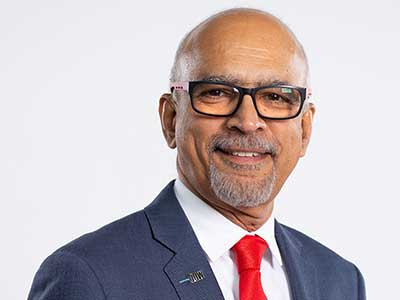
Mr. Srini Srinivasan
Chair, Grand Jury,
CII Design Excellence Awards & Senator, World Design Organization (WDO)
-

Dr. GR Raghavender
Senior Consultant (IPR), CIPAM Former Joint Secretary, Govt of India Department for Promotion of Industry and Internal Trade (DPIIT) Ministry of Commerce and Industry, Government of India
-
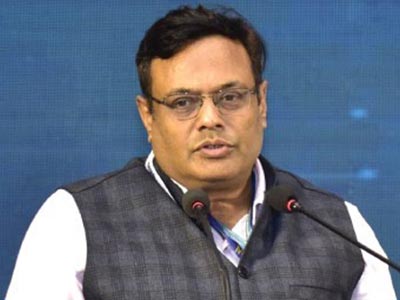
Shri Amitabh Nag
Chief Executive Officer,
BHASHINI Digital India Bhashini Division Mission of Harnessing Digital Technologies (AI, ML, NLP, cloud etc.) -
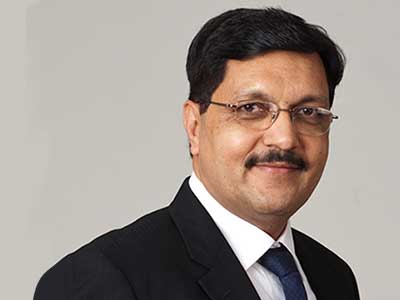
Prof. Pradyumna Vyas
President-elect, World Design Organisation, Senior Advisor, Confederation of Indian Industry Former, Director, National Institute of Design Former Member, Secretary- India Design Council
-

Mr. Salil Gupte
President
Boeing India
-

Mr. Rémi Maillard
President
Airbus India & Head of South Asia region -

Dr. Amitoj Singh
Partner and Head of Design
BCG X -

Ms. Revathi Kant
Chief Design Officer
Titan Company Ltd
-

Mr. Saurabh Singh
Head of Design (GM)
Maruti Suzuki India -

Prof. Aneesha Sharma
Head and Associate Professor
Department of Design IIT Delhi -

Mr. Anuj Prasad
Co-founder
Desmania
-
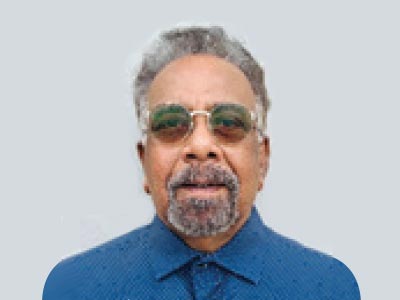
Prof. Hari Nair
CEO, Design for Winning LLC, USA, Professor, Industrial Design and Design Management, SCAD (Savannah College of Art and Design)
-
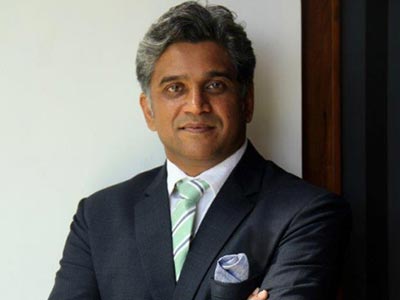
Mr. Sameer Sinha
Director
Savvy Infrastructure Ltd -

Ms. Aditi Srivastava
President
Pearl Academy
-

Ms. Sruthi Kannan
Head
Cisco for Startups and Business Development for Digital Native Enterprises -
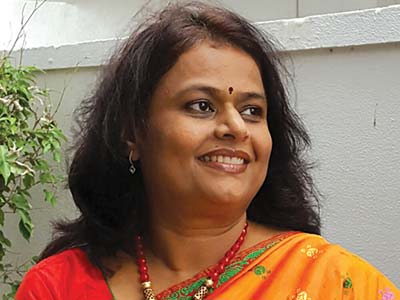
Prof. (Dr.) Madhura Yadav
Dean
Faculty of Design Manipal University Jaipur -

Ms. Megha Awasthy
Director
A&D, APACM Steelcase
-

Dr. Ramesh Shankar
Senior Program Manager
Autodesk -
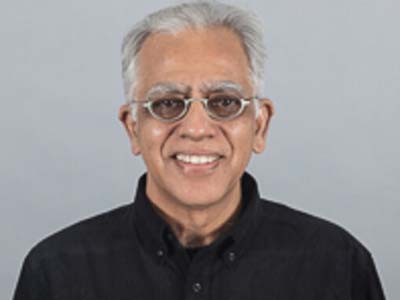
Prof. Suresh Sethi, Ph.D.
Professor and Chair of Industrial Design School of Art & Design, University of Illinois, USA
-
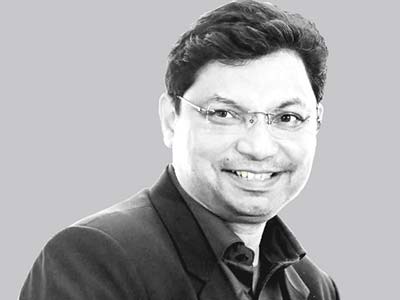
Mr. Sumit Singh
Head of Customer Experience & Design
Havells India
-

Mr. Vivek Gopinath
UX Research & Design Lead
Worxwide Consulting -

Mr. Gaurav Gurung
Senior Portfolio Manager
(Tech and Innovation) UK Research and Innovation (India) British High Commission, New Delhi -
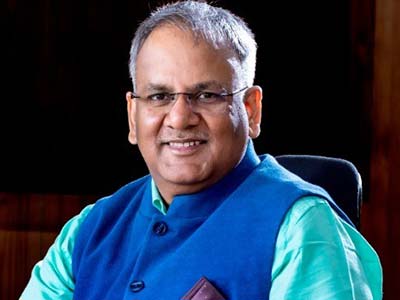
Prof. Dhiraj Kumar
Director
National Institute of Design, Madhya Pradesh (NIDMP)
-
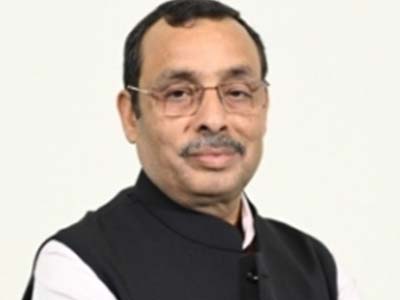
Dr. Sunil Shukla
Director General
Entrepreneurship Development Institute of India (EDII), Ahmedabad -
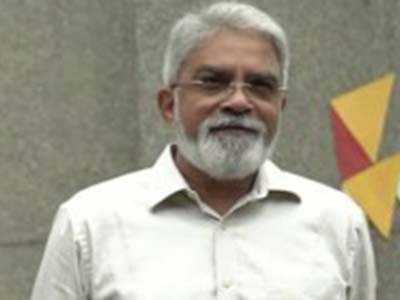
Prof. Phani Tetali
Dean
UPES School of Design -

Mr. Devesh Mistry
Deputy General Manager - Design Lead
Godrej Interio
-
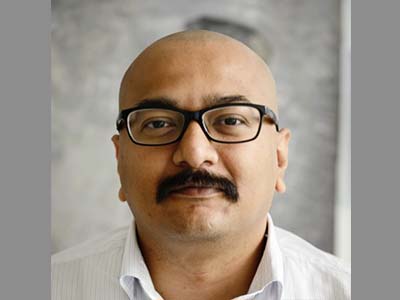
Prof. Vivek Kant
Associate Professor
IIT Kanpur
